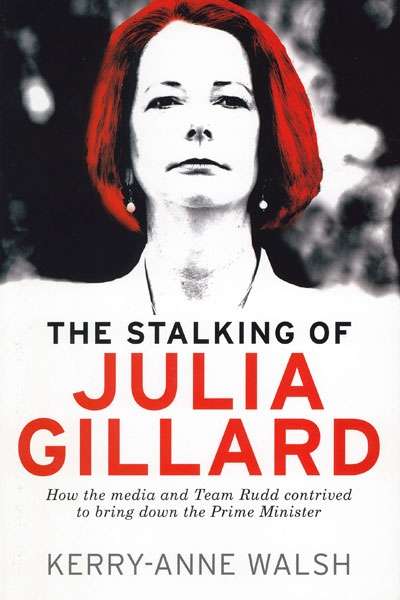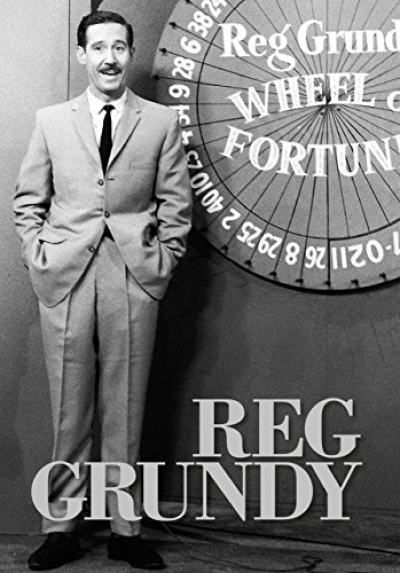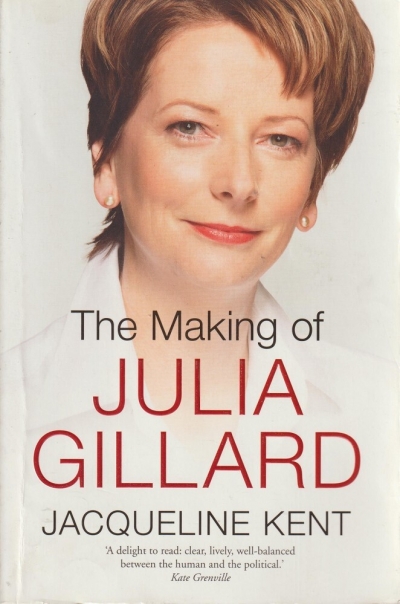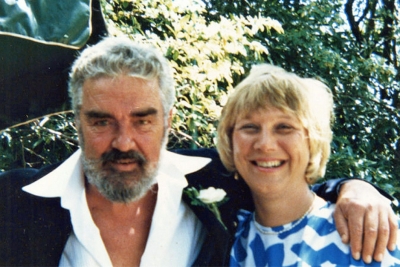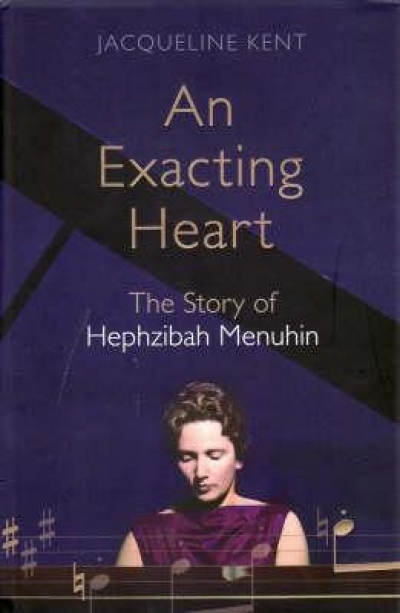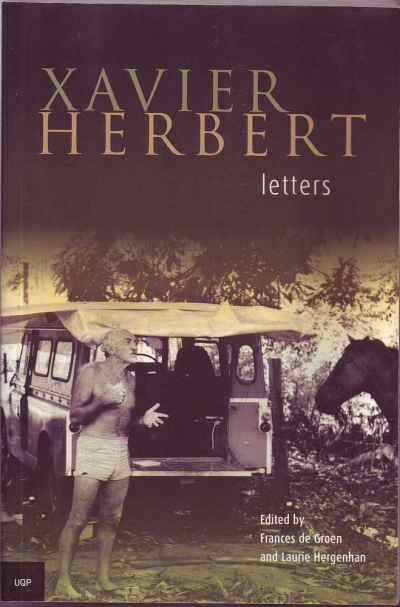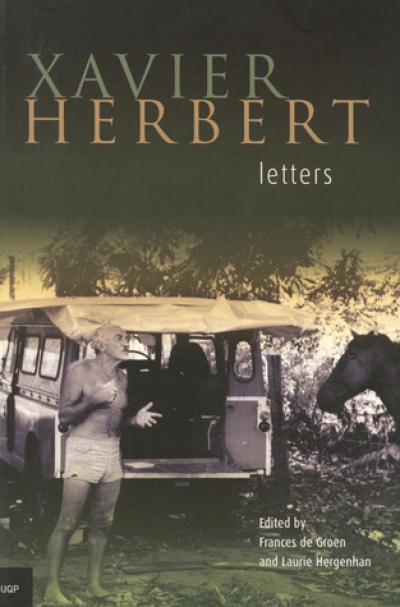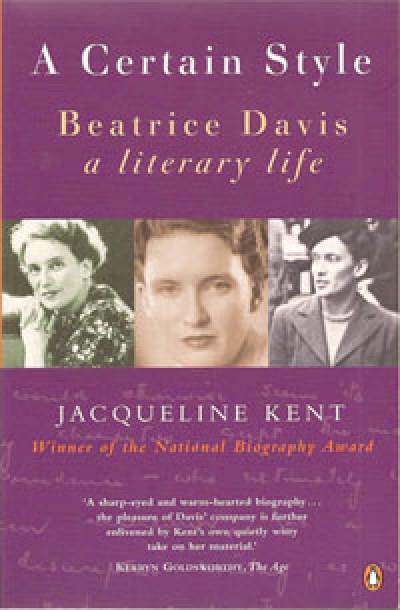Jacqueline Kent
The Stalking of Julia Gillard: How the Media and Team Rudd Contrived to Bring down the Prime Minister by Kerry-Anne Walsh
Kenneth Cook was always a little surprised by the success of Wake in Fright. He dismissed it as a young man’s novel, as indeed it was; he published it in 1961, when he was thirty-two. Among his sixteen other works of fiction he was prouder of Tuna (1967), a partial reimagining of Hemingway’s The Old Man and the Sea set off the coast of South Australia, and The Man Underground (1977), which dealt with opal mining. Perhaps he preferred them because he had enjoyed the research involved. It is true that both are better crafted, more assured, than the novel that made his name. But he could never quite accept that Wake in Fright delineated grim truths about the bush and its inhabitants that his other novels do not capture.
... (read more)Every biography holds at least three stories, all of which, though very different, are closely linked. First of all, of course, there is the story told on the page – the story of someone’s life. Just below that is the story that consists of bits left over, all those awkward jagged pieces of raw or irrelevant data that have been eliminated. Some rejected from the beginning, others taken out at the last minute after much thought. But pervading the whole, though they may not be directly part of it, are the experiences and opinions of the people who provided so much of the information, whose life stories are invested in the final book.
... (read more)An Exacting Heart: The story of Hephzibah Menuhin by Jacqueline Kent
September 18
Arrival in Savannah, Georgia, a town that seems to have at least seven syllables to its name. The heat is grey and sullen: the famous Spanish moss on the trees crackles at a touch. Midnight in the Garden of Good and Evil is everywhere; the place gives a general impression of being quite pleased with itself, though both wealth and poverty are sharply obvious. An odd place, perhaps, to look for the pianist and social reformer Hephzibah Menuhin, whose biography I’m in the northern hemisphere to research, especially since she never came here. But Savannah is only a step away from Beaufort, South Carolina, and this is where Hephzibah’s daughter Clara Menuhin Hauser lives. Clara is very important indeed
... (read more)
